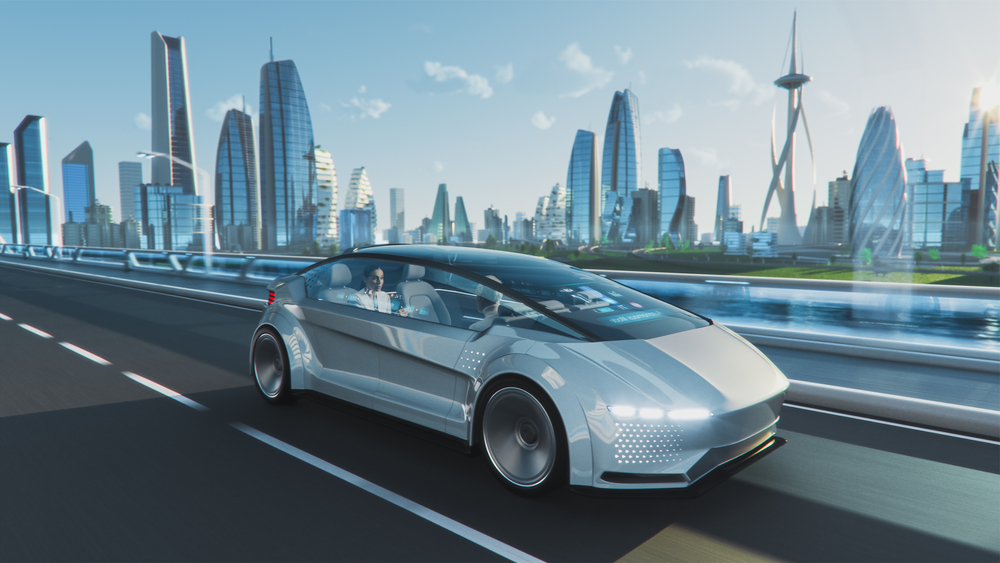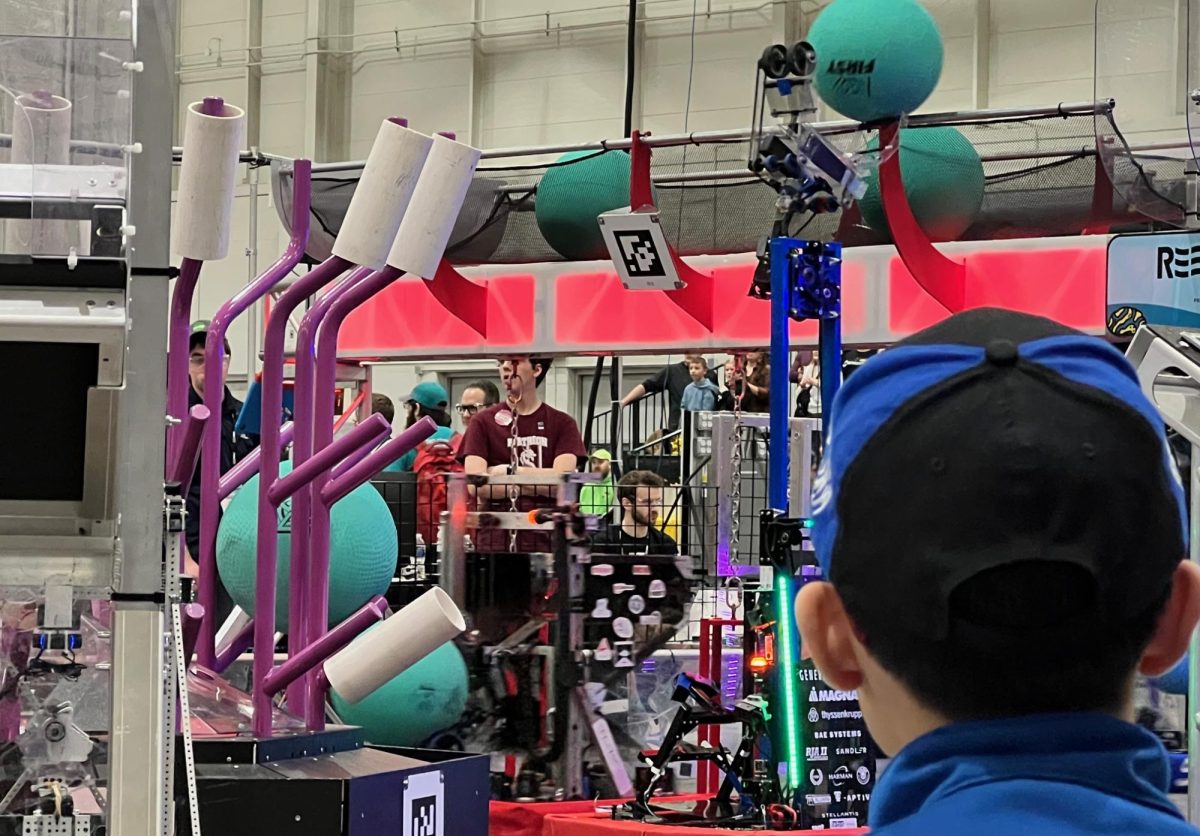As artificial intelligence programs like ChatGPT rise in popularity, the applications of these programs become much more realistic to the public eye. Despite its recent appearance, it has been developing in the technology industry for years now. The use of machine learning has been seen to accomplish simple tasks, like in sites such as Grammarly, but many ask if the concept is refined enough to be applied on the road. Companies have their interest set on driverless cars, with Tesla and General Motors, in particular, have been working to get these cars on the road. Driverless cars are a safer option that will continue to become more consistent and reliable in the future as technology develops, especially with the rise in research on quantum computing.
Many benefits come with the implementation of driverless cars. Currently, autonomous assistance and sensors provide greater safety in place of the danger that comes with human error in driving. With fully driverless systems, these safety benefits increase, along with a multitude of theoretical solutions to other current issues. The organization Alliance for Automotive Innovation describes the safety benefits: “Driver-assist technologies like blind spot monitoring and lane departure warnings can help avoid crashes, and the most common crash — rear-end collisions — is projected to decline dramatically as automated emergency braking is more widely deployed.” The automated systems that are currently being implemented create a safer road, highlighting the reliability these cars offer over a human driver. As more parts of a car become driverless, the vehicle becomes more dependable on the road. Additionally, a complete integration of driverless cars allows for a more fluid transportation system overall. With more driverless cars working together, there will be fewer traffic jams, decreasing the pollution that is caused by it.
Currently, autonomous driving is not perfect. There have been cases in which these vehicles have not operated properly, resulting in recalls of the cars. In 2023, General Motors released a line of fully driverless cars called Cruise. However, the scene on real roads brought up challenges that these robotaxis were not prepared for. Without any direct connection to a specific accident, the vehicles were called back for safety reasons. When fully self-driving cars are released on the road, they should be held to high expectations, since they are created to reduce danger on the road.
With the growth of AI, driverless systems will improve so that they will be more qualified to handle the environment of human-driven roads. The most recent iteration of high-performance computers is quantum computers, which take advantage of the exploration of quantum physics to create a faster processing system. Capitol Technology University explains the capabilities of this advanced machine: “Quantum computing is particularly well-suited for optimization problems, which are prevalent in machine learning. Quantum algorithms, such as the Quantum Approximate Optimization Algorithm (QAOA), could be employed to enhance optimization tasks involved in training machine learning models. This may result in faster and more efficient learning processes.” Technology can generally be expected to improve, but this specific technology underscores the viability of fully driverless systems. The weaknesses that are currently in driverless systems can be repaired with the implementation of a faster thinking system. Although the model of this machine is currently large, it can be expected to become more compact in the same way other technology has developed and it can serve as a tool to guide the evolution of AI.
Another benefit of driverless systems is their ability to automatically update. They can adapt, but their connection to the internet allows them to quickly adapt to general issues. During a business interview, Elon Musk expressed his thoughts as a developer of Tesla: “Being able to do a software update and have several million cars suddenly go from manual driving to autonomous I think will be the single biggest asset-value increase in history […] Suddenly 3 million cars will be able to drive themselves home, yeah, then 5 million cars and then 10 million.” Musk focuses on the topic from a profit perspective, but he addresses an important ability. As the environment develops, driverless cars can be relied on to have information on recent updates. Even if the road has a majority of human drivers, they can update to solve general issues.












